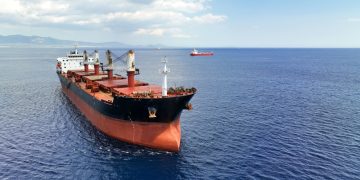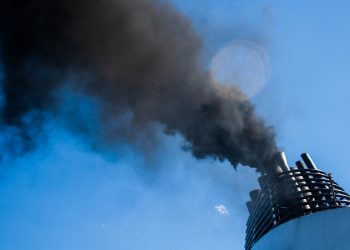IMO announced that Belgium has become the 112th State to accede to IMO’s International Convention on Oil Pollution Preparedness, Response and Co-operation (OPRC).
The treaty establishes measures for dealing with pollution incidents, either nationally or in cooperation with other countries. Mr. Laurent Preud’homme, First Secretary of the Embassy of Belgium in the United Kingdom, deposited the instrument at IMO Headquarters in London, on April 19th.
Mr. Preud’homme also deposited the instrument of accession for the Protocol to the OPRC relating to hazardous and noxious substances.
Ships are required to carry a shipboard oil pollution emergency plan. Operators of offshore units under the jurisdiction of Parties are also required to have oil pollution emergency plans or similar arrangements which must be coordinated with national systems for responding promptly and effectively to oil pollution incidents.
In July 1989, a conference of leading industrial nations in Paris called upon IMO to develop further measures to prevent pollution from ships. In November of the same year, the IMO Assembly corresponded on the call and work began on a draft convention aimed at providing a global framework for international coordination to face marine pollution threats.
According to OPRC, ships are required to report incidents of pollution to coastal authorities and the convention details the actions that are then to be taken.
The Convention calls for the establishment of stockpiles of oil spill combating equipment, the holding of oil spill combating exercises and the development of detailed plans for dealing with pollution incidents.
Parties to the convention are required to provide assistance to others in the event of a pollution emergency and provision is made for the reimbursement of any assistance provided.
Source: IMO


































































